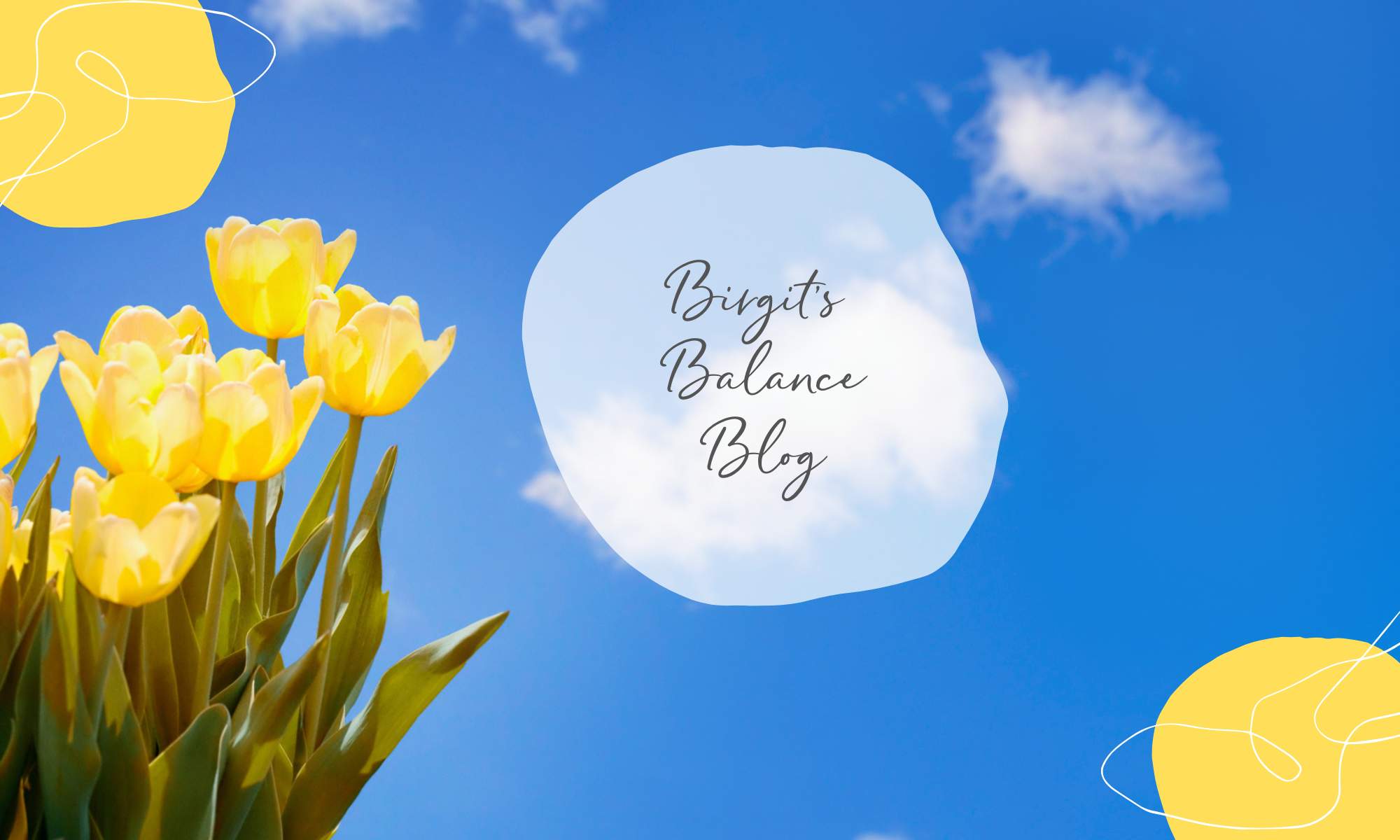
I am currently reading the book “Der Traum vom unangepassten Leben” (The Dream of an Unadapted Life) by Bernard Moestl. In it, the author describes various experiences from his more than 30 years of travel, which inspire to think about different topics in life.
I particularly remembered a story he told about curiosity.
On the road in Thailand, he sat down in the fresh air with food he had bought in the supermarket to eat. In the area he was in, it was probably a rarity to “sight Europeans” – and so people gradually passed by, looking at him in amazement. Among them were mothers with their children. One mother even left and came back with more children to show them the “foreigner”. A little girl even came up to him and asked him a question.
And now imagine this scene in our country.
Unthinkable, isn’t it?
Just walking up to a stranger and asking something, that’s “not done”.
In fact, curiosity is an innate instinct. Initially so important for exploring the world and learning everything, curiosity is then literally “socialized out of us” over the years.
“You can’t just walk up to a stranger and ask them something!”
Why not?
Why is that considered rude and intrusive?
Can’t I assume that my counterpart is adult enough to refuse to answer – if the question was inappropriate – or to “fight back”?
Especially in our western world, we have lost so much of our childlike curiosity – and I’m afraid mobile phones & Co. add to the effect that people prefer to ask Google rather than the person in front of them.
But a respectful curiosity and genuine interest in the other person can’t be a bad thing, can it?
And let’s take the idea a step further:
I see someone who has something about him that makes me totally curious – e.g. a headdress or a costume that is unfamiliar to me.
Option 1 would be to approach them and ask.
Option 2 – the “polite” version – would be to exercise restraint and not ask. But what happens then?
If I don’t get any answers, I get creative. I start to make assumptions and satisfy my curiosity with a self-knitted story about the person. And what happens to such stories – especially when they are retold – we all know …
So is it really more polite if I make vague or incorrect assumptions instead of asking?
This has given me food for thought and I have resolved to muster up the courage more often, to approach people directly and ask more questions.
What is there to lose?
In which situations and encounters could you perhaps be even more courageous and ask directly?
Try it out and let yourself be surprised.
Most of the time, it’s not only the reaction of your counterpart that is different from what you expected – often you also find out things that you would never have assumed!
And sometimes it’s the start of wonderful encounters and connections.
Stay curious!
Birgit
